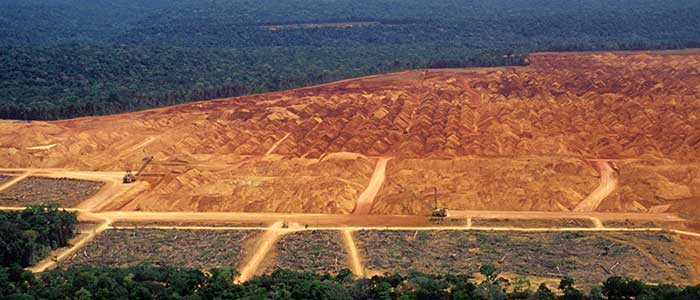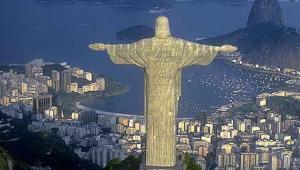web_Deforrestation_iStock_000003438063_Large.jpg

Deforestation in Brazil
The experts, part of a United Nations working group but operating in an independent capacity, said the South American country’s economic interests were violating human rights and causing social and environmental harm.
The working group’s 10-day visit took place “during a time of political and economic turmoil caused by economic recession, impeachment proceedings against the president, corruption scandals involving some of the country’s major companies and members of the political establishment and what is being referred to as the worst environmental disaster in the history of the country,” the group wrote in its end-of-mission statement.
Six weeks after the rupture of the Fundão dam, the working group found that a number of other dams in Brazil are vulnerable to collapse, the country’s mining code threatens further ecological and social harm and that human rights defenders and indigenous peoples face ongoing threats to their lives and land.
Communities affected by large-scale development and construction projects reported “significant corporate-related abuse” and a lack of consultation.
Pavel Sulyandziga, one of the members of the Working Group on the Issue of Human Rights and Transnational Corporations and Other Business Enterprise, urged Brazil to move away from a “top-down approach” where projects are planned and implemented without any meaningful dialogue with communities.
“Brazil needs to find a better balance between economic interest and the protection of human rights in its pursuit of economic growth,” he said.
Political commitments on business and human rights made at the government and business level are encouraging, the group said, however there is a gap in embedding and implementing these operationally.
The experts are not UN staff, are independent from any government or organisation and do not receive a salary for their work. They will present the findings of their observation and recommendations to the Human Rights Council in June 2016.












